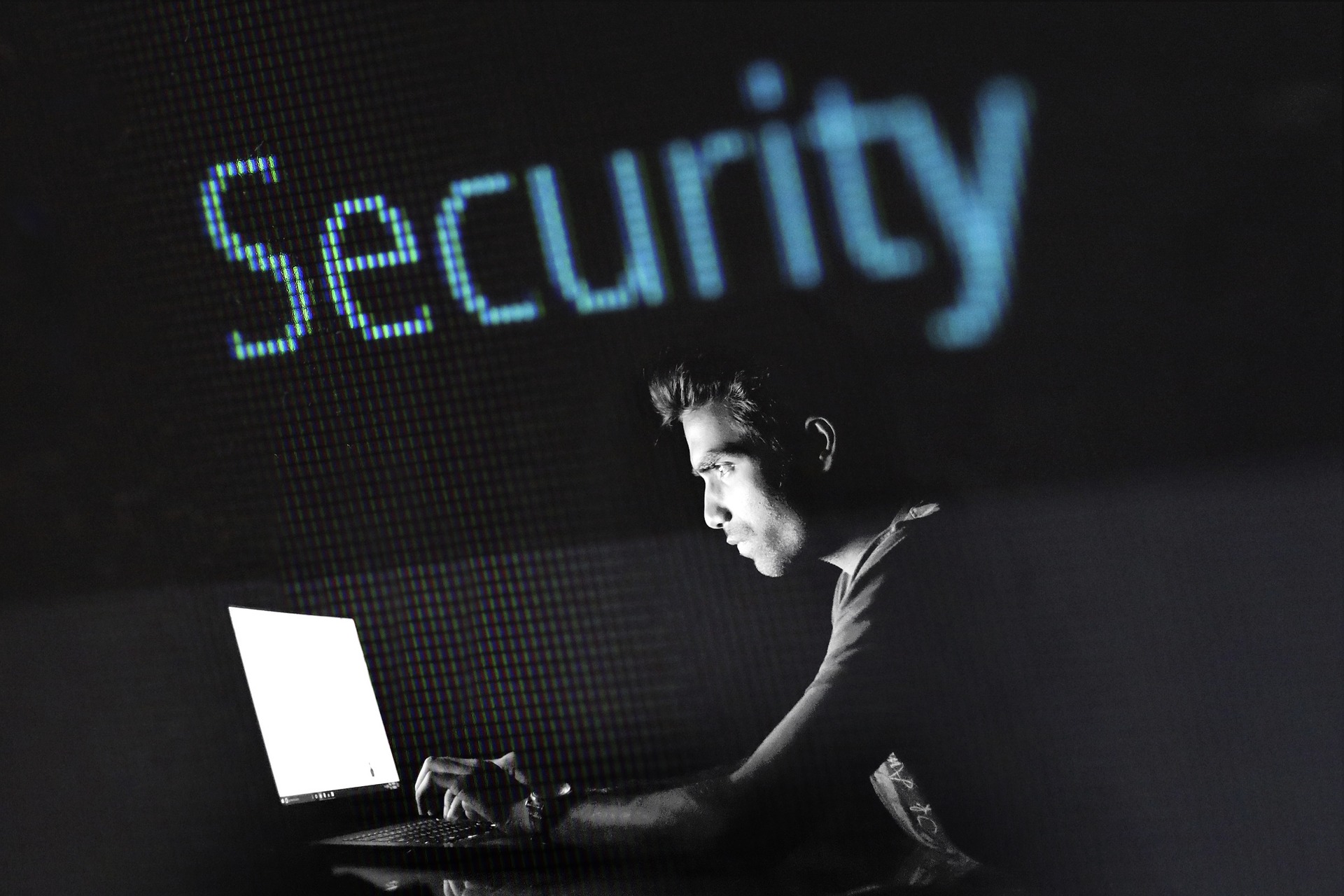As the demand for conferencing continues to rise, so does the demand for conference call providers to up their game. Some rely on adding more features that make conference calls easier to use while others decide to increase conference call security. Surprisingly enough, in the past, keeping calls secure was not as prioritized and fell second only to increasing network security or keeping company information confidential locally - since a lot of companies perceived it as the norm. However, with conference calling becoming more commonplace, especially ones that involve international participants, risks that come with using it have also increased. In response, businesses must put in greater effort to ensure their information and sensitive data are properly safeguarded.
The rising trend of hiring remote workers has also lead to the necessity of holding remote or virtual meetings. These remote meetings can either be done online or through audio conference calls. Although video or web conferencing provides streaming or visual features for presentations, teleconferencing is still more widely used due to its convenience. Because teleconferencing does not require an internet connection, it remains more accessible and less prone to technical difficulties.
Unfortunately, not all conference call providers have secure lines. In a 2015 survey done by Research Now, 99% of conference hosts confessed that they weren’t always sure who was joining in. The survey also stated that 60% of these respondents thought that this lack of security was normal. But with various codes and regulations being put into place to protect personal information, such as HIPAA and GDPR, what's normal must once again undergo change.
What common missteps potentially risk the security of your conference calls?
One would be sending the dial-in details through email to the wrong person. There have been cases where details are posted online by mistake. In such events, just having the call credentials is enough to allow a person to join the call directly without being noticed by the host or the other participants. This was proven to be risky as confidential information is usually discussed during conference calls. This goes without saying, but when an uninvited guest joins, it opens the door for possible sabotage where anyone can use the information they just gained to put the company at a disadvantage. Of course, there are also those with no malicious intent who just happened to receive a missent email. Nevertheless, intentional or not, it’s still important to prevent gatecrashers from entering a private conference call.
Fortunately enough, some conferencing services have figured out multiple ways to ensure security. Aside from a dial-out feature where the hosts can directly connect other participants to the call, there are now providers that can automatically screen a newcomer before they can enter a live call even if they have dial-in credentials. This adds another layer of security and eliminates the possibility of someone unauthorized to join - it also helps confirm participant attendance in the process. There’s also the option of time-locking which prevents an uninvited guest from gaining access once it’s been verified that everyone who should be present has already been accounted for.
Other features that further increase conference call security are individual passkeys assigned to each participant as well as more user control which enables any participant to report anyone suspicious to the moderator. Once verified, the suspicious individual can be kicked out. Although these features greatly help with security, they may not be enough if the host is not able to use them. As a solution, it might be wise to rely on operator-assisted conferencing where an operator can help with monitoring so the host can fully focus on facilitating the conference call.
At the end of the day, it's important to remember that there are tools out there that are catered to giving you the best conference call you can possibly have. So while there are risks that you must be aware of, it doesn't mean that you need to swear off the platform altogether. Choose a reliable conference call service and ask them what's available to you. As long as they can grant you full control over the platform and give you all the necessary tools, securing your meetings from unwanted participants may not as bad as you originally thought.
Source:
http://loopup.com/app/uploads/2016/11/Research-Now-2015-Survey.pdf

